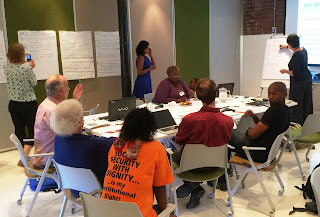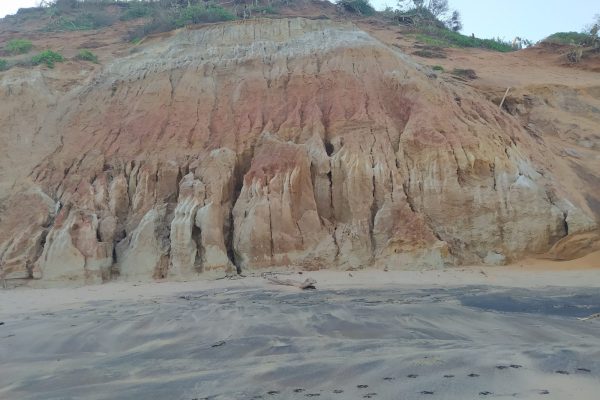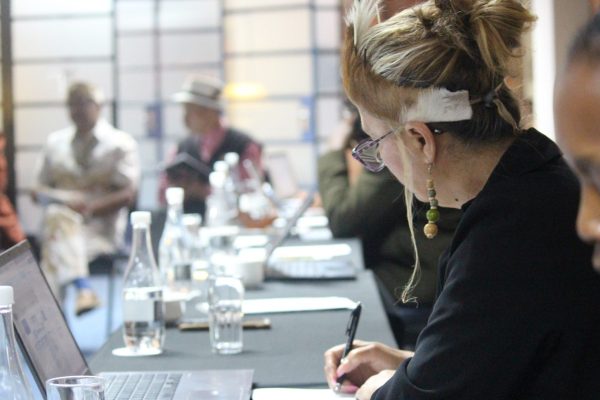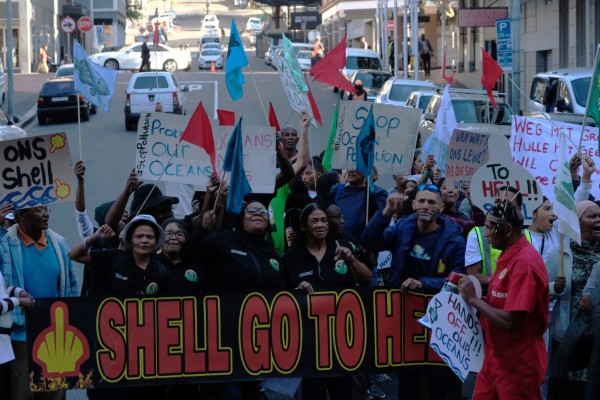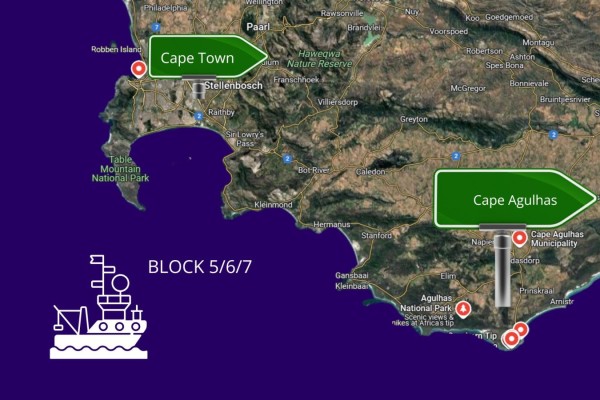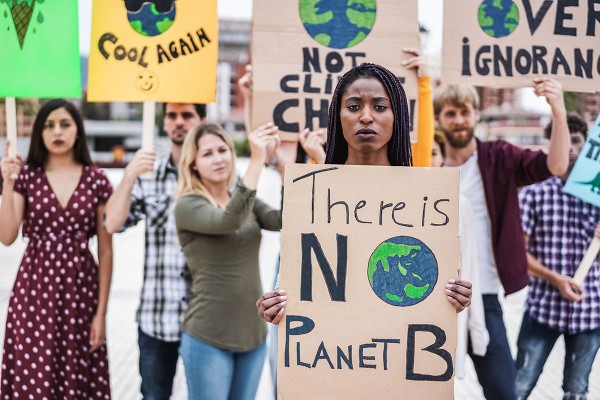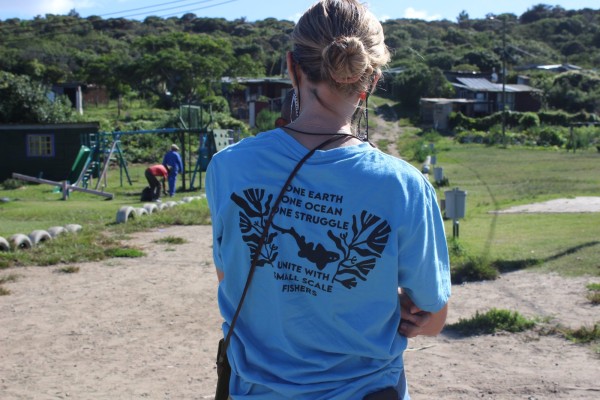The first of the two CSO Debriefs on COP 21 organized by the Organization “Project 90 by 2030” was convened on the 8th of March in Cape Town. The participants were representatives of a great deal of non-governmental organizations and observers of climate negotiations. The purposes of this workshop, like its corresponding follow up in Johannesburg scheduled on the 11th of March, are numerous:
Report back from the ad-hoc working groups: policy and communications;
- Exchange Knowledge and viewpoints on COP 21 outcomes and implications for South Africa;
- Review of civil societies red lines for COP 21 and identify key messages for year ahead;
- Identify civil society events and actions around international and national climate change policy in 2016;
- Develop a joint press release: what a coalition of civil society is expecting from South Africa in light of the Paris agreement;
In this connection, the meeting started with the presentation by Jaco du Toit (WWF South Africa) on the outcomes of the Paris Agreement, particularly stressing the implications of the bottom-up approach endorsed by the Parties and its reflections on the text of the Agreement. As a result, it was shown that an additional effort seems to be required to attain the global goal of 2° C of temperature increase. The pledges currently submitted by the Parties are supposed to restrain the increase of global temperature by 3.5° C – whereas the absence of any action inspired by the business-as-usual approach would lead to an increase by 4.5° C.
The intervention by Happy Khambule (Policy and Research Coordinator of Project 90 by 2030 and co-organizer of the meeting) focused on a review of the Civil Society Red-Lines, striking a balance with the last meeting in November 2015. Such Red-Lines are a set of “non-negotiables” agreed by a great deal of NGOs and enshrined in a document submitted to the South African Government prior to COP21. Their purpose is to drive and influence South African policy vis-à-vis climate change, pushing for climate-smart and sustainable choices.
In the last part of the meeting, participants were encouraged to talk and discuss, finding a common positions regards South Africa’s response to climate change, both in the national and in the international arena. Consensus was reached that there are 6 main priorities to work on in order to improve the existing framework:
- Revision of South African Intended Nationally Determined Contributions (INDCs): These can be improved upon so that South Africa takes the lead in the fight against climate change, by setting and pursuing more ambitious targets;
- Civil Society Organization (CSO) strengthening: public participation in climate-related matters is to be improved, particularly by studying strategic alliances with enterprises. The proposal was raised to set up frequent climate change meetings on a regular basis;
- Stronger engagement in CODESA, a forum in which a great variety of South African stakeholders gather in order to deeply discuss climate issues.
- Avoid double counting: the Paris Agreement bans double counting on several occasions in the final draft. However, there are the gaps and the weaknesses in the enforcement of this rule, as to date no mechanism has been put in place yet. As a result – also due to the complexity of the topic – there are still many ways by which countries may circumvent this obstacle and few are the institutional mechanisms to denounce and stop such unlawful practices. Possible ways forward include the institution of a national register grouping together every single mitigation project and/or the parallel standardization of accounting rules;
- Signature of the Agreement: South Africa is encouraged to take this step before the deadline of April 2017.
Brief by Luchino Ferraris – International Fellow at Natural Justice.

